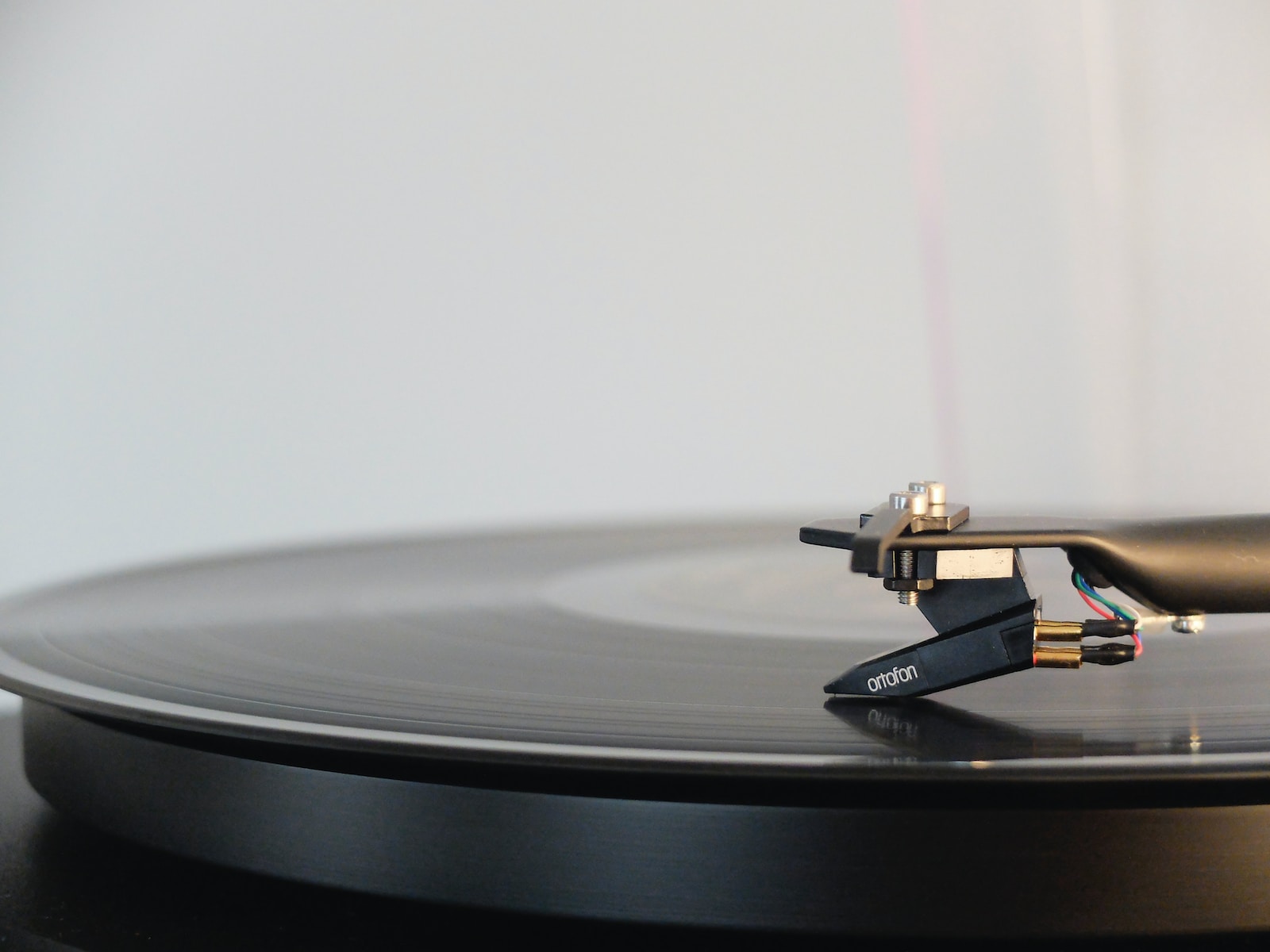Classical music brings peace to your heart
An analysis of the effects of music on hypertensive subjects has shown that spending 25 minutes a day listening to music can lower systolic blood pressure by 11.8 mmHg and diastolic blood pressure by 4.7 mmHg in just four weeks. Previous evidence had suggested that certain musical genres, such as ambient and classical music (specifically Mozart), had a significant therapeutic effect on blood pressure, as opposed to genres such as hard rock and heavy metal, which can have the opposite effect.
Thanks to its harmonious sounds and pleasant note combinations, classical music can help you relax, relieve stress and lower blood pressure.
Lowering blood pressure
A recent study published on the British Journal of Health Psychology claims that classical music helps stabilize blood pressure, which is known to reach dangerously high levels in periods of intense stress. British researchers confirmed the results of a previous study carried out at the University of Florence on 48 hypertensive individuals between 45 and 70 years of age. The individuals were divided into two groups, members of one group were required to listen to thirty minutes of classical music every day for a month, while members of the other group were not, and a significant reduction in blood pressure was observed in members of the first group.
Protecting the heart
Aside from high blood pressure, stress can also cause damage to the heart, especially for women, who tend to be affected more significantly by psychological discomfort. Tachycardia is accompanied by an increased risk in cardiovascular disease, but even in this case classical music comes to the rescue: its calm rhythm can lower blood pressure and slow down heart rate, helping to prevent heart attacks and strokes.
Beneficial effects on the body and mind
Recently, Daniel J. Levitin, Professor at the Department of Psychology at McGill University, published the results of a review carried out on 400 studies on music and neurochemistry. Thanks to this incredibly extensive review, Levitin was able to show that listening to music produces positive effects on both the body and mind. Stress levels are reduced with increased production of oxytocin, the “happiness hormone”.
Prevention is possible
Interesting information comes from use of the Bonny Method of Guided Imagery and Music (GIM), a form of music-assisted therapy whereby relaxation techniques are combined with listening to classical music. It was observed that GIM can affect the hypothalamic-pituitary-adrenal axis (HPA), reducing its activity. In simpler terms, classical music can help prevent stress as well as lowering blood pressure.
For dogs too!
More good news if you own a dog: classical music helps your best friend relax too.
The Journal of Veterinary Behavior published a study carried out on 117 dogs of different breeds held in confined spaces and therefore in a stressful situation. The dogs were exposed to a variety of musical genres for 45 minutes. When classical music was played, their stress levels decreased and heart rates slowed down. On the other hand, when heavy metal music was played, their heart rate increased and they displayed increased anxiety.
If classical music really does lower blood pressure, then why not try it? The time has come to become Mozart connoisseurs and to relax while listening to his pleasant melodies.
Di seguito gli articoli scientifici di riferimento:
- Johann Sebastian Bach: life, oeuvre and his significance for the cardiology (Dtsch Med Wochenschr. 2014 Dec;139(51-52):2619-25) ABSTRACT
http://www.ncbi.nlm.nih.gov/pubmed/25490749 - Efficacy of device-guided breathing for hypertension in blinded, randomized, active-controlled trials: a meta-analysis of individual patient data. (JAMA Intern Med. 2014 Nov;174(11):1815-21) http://archinte.jamanetwork.com/article.aspx?articleid=1904761
- Influence of fitness and physical activity on cardiovascular reactivity to musical performance. (Work. 2012;41(1):27-32) http://web.a.ebscohost.com/ehost/pdfviewer/pdfviewer?sid=e341506c-c03e-46ed-a19e-2e08333b2b15%40sessionmgr4005&vid=1&hid=4209
- The effects of music on the cardiovascular system and cardiovascular health (Heart 2010;96:1868-1871) http://heart.bmj.com/content/96/23/1868.long


